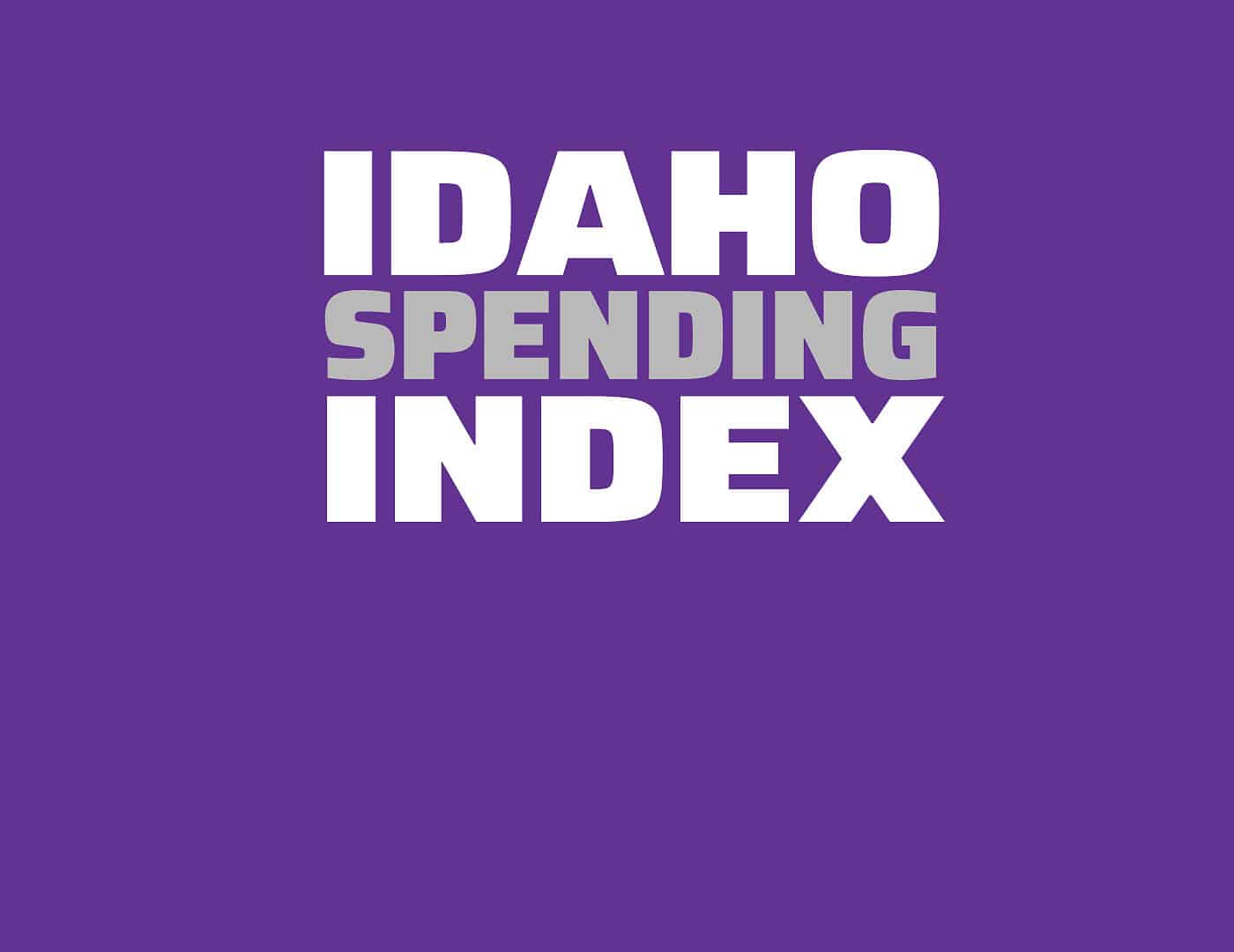


The Idaho Spending Index serves to provide a fiscally conservative perspective on state budgeting while providing an unbiased measurement of how Idaho lawmakers apply these values to their voting behavior on appropriations bills. Each bill is analyzed within the context of the metrics below. They receive one (+1) point for each metric that is satisfied by freedom-focused policymaking and lose one (-1) point for each instance in which the inverse is true. The sum of these points composes the score for the bill.
Analyst: Niklas Kleinworth
Rating: -1
Bill Description: House Bill 305 appropriates $29,111,400 and 126.00 full-time positions to the Department of Administration for fiscal year 2024.
Is the maintenance budget inappropriate for the needs of the state, the size of the agency, or the inflationary environment of the economy? Conversely, is the maintenance budget appropriate given the needs of the state and economic pressures?
This legislation sets the maintenance budget for the Department of Administration at $27,945,100, growing from the base by 16.0% over the last three years. This is approximately equal to the rate of inflation over the same period, demonstrating acceptable growth in the cost to maintain the agency.
(0)
Does this budget perpetuate or expand state dependence on federal dollars, thereby violating principles of federalism? Conversely, does this budget actively reduce the amount of federal dollars used to balance this budget?
This legislation provides for a $21 million transfer from the ARPA State Fiscal Recovery Fund to backfill the State Employee Group Insurance Fund. The rationale behind this transfer is that there is a higher burden on the state plan due to increased usage, depleting the health plan reserve. It is also noted in the Legislative Budget Book that these funds are being used to support the increased cost of having a surge in new members on the state plan. Both issues are ongoing costs to the state health insurance system. Since ARPA funds are set to expire in 2026, the governor is inappropriately using temporary federal funds to support the ongoing needs of a state employee benefit.
(-1)


